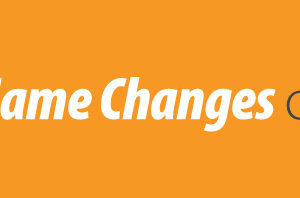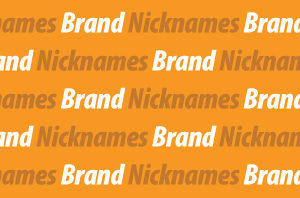
Having a name that shares a negative connotation among potential customers could seem like the end of the world for a small business or startup. However, for the firm Prism Skylabs; the NSA fiasco has caused nothing but a shrug. How did they adapt to this unfortunate occurrence in their branding?
We look at the case of Prism Skylabs, and their ability to overcome unfortunate consumer connotation with the NSA. How can other brands follow in their footsteps?
In a recent Wall Street Journal article by contributor Amy Westervelt, she provides a look into the company Prism Skylabs, whose unfortunate naming is highlighted in “How Small Firms Can Overcome A Bad Name.”
A Bad Name Isn’t the End of the World
When the Edward Snowden story broke and the media was filled with reports of the National Security Agency spying on citizens via a program called Prism, the San Francisco-based software company found itself in a potentially huge bind.
The firm’s business is directly related to surveillance—it sells analytic software that lets businesses use their security cameras to gain insights into consumer behavior, everything from demographics to the path customers take within a store. It’s an area that’s rife with privacy concerns in its own right, so news stories relating the company’s name to spying hit a nerve.
“When the NSA story came out, I won’t lie, we had more than a few folks at the company who thought the sky was falling,” says Prism founder and Chief Executive Stephen Russell.
But the company decided to keep its name. “I don’t think we ever stopped worrying, but with time it became clear that we probably made the right decision,” he says. “If we had overreacted and headed down the path of rebranding, it would have been a huge distraction from running the business.”
Most branding experts say that’s generally the right move. “Oftentimes, when there’s a crisis, people will say let’s change the name, but sometimes that just acknowledges some type of problem,” says David Gorodetski, chief operating officer and co-founder of interactive-marketing agency Sage Communications. “I think in most cases, and especially with small businesses, it’s less about your name and more about your product, your clients, your overall brand reputation and all the things you do behind the name.”
Prism’s Name Has Become a Company Talking Point
Mr. Russell says that he and his team had already spent two years building their brand by the time the NSA story broke, and had begun gaining real traction. In the end, the name issue wound up being a handy talking point.
“The unfortunate humor of it became a bit of an ice breaker with new customers and endeared us to existing ones,” he says. “More importantly, it gave us a great platform to talk about our privacy-protection technology.”
Overcoming Bad Branding
For some firms like Prism, the decision to keep and embrace the shared name has brought nothing but praise. For others, a poor name or bad logo could spell disaster or ridicule. For more information on the importance of brand naming; we have compiled the following list of related articles and case studies from the Chicago and San Francisco based branding experts at IDeas BIG (Brand Identity Group).
Related Brand Naming Resources
Naming Tech Startups: A Case Study




